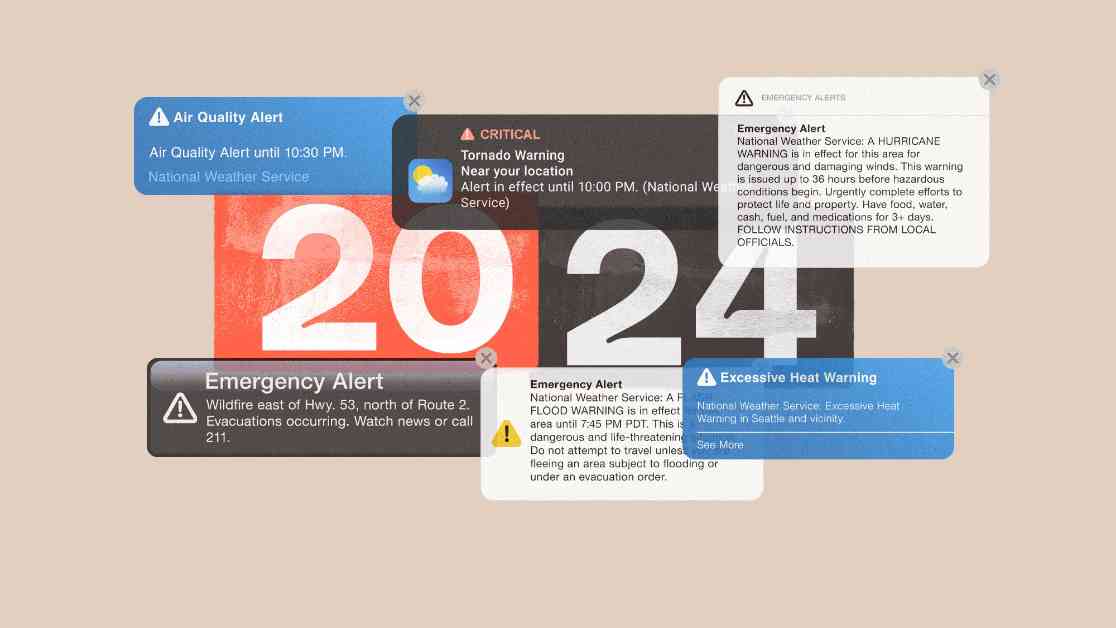Impact of Alert Fatigue on Climate Trends in 2024
The year 2024 has been marked by extreme weather events around the world, signaling the impacts of climate change. From deadly heatwaves in Saudi Arabia and Pakistan to devastating hurricanes in North Carolina, the Earth has been experiencing some of the most destructive phenomena in recent memory. As the frequency of these extreme weather events continues to rise, so does the issue of alert fatigue among the public, a phenomenon that poses a significant challenge to emergency managers.
Understanding Alert Fatigue
Alert fatigue, a term borrowed from the medical field, refers to the desensitization people experience when bombarded with excessive warnings and notifications. In the context of climate change, the constant stream of alerts about heatwaves, flooding, and poor air quality can overwhelm individuals, leading them to ignore crucial information. This poses a critical problem for emergency managers who rely on these alerts to keep communities safe during extreme weather events.
Paradox of Climate Change Awareness
Despite the growing awareness of climate change and its local impacts, there remains a paradox in the public’s response to the crisis. While nearly two-thirds of Americans acknowledge the effects of climate change in their communities, political decisions such as electing leaders who prioritize fossil fuel production present a conflicting narrative. This paradox underscores the challenges of translating awareness into meaningful action to address the climate crisis at a systemic level.
Implications for Climate Communication
The concept of alert fatigue extends beyond the realm of weather warnings to encompass broader discussions around climate change communication. As scientists and activists sound the alarm about the devastating consequences of global warming, there is a risk of people becoming desensitized to these warnings, hindering efforts to mobilize collective action. Addressing alert fatigue requires a strategic approach to communication that balances urgency with actionable solutions to engage the public effectively.
As we navigate the complexities of alert fatigue and climate change awareness in 2024, it becomes evident that the challenges we face are not just environmental but also deeply rooted in societal attitudes and behaviors. Finding innovative ways to communicate the urgency of the climate crisis while mitigating the risks of alert fatigue will be crucial in shaping a sustainable future for generations to come. Let us reflect on the impact of our actions and choices in the face of a rapidly changing world, where the consequences of inaction are becoming increasingly dire.














